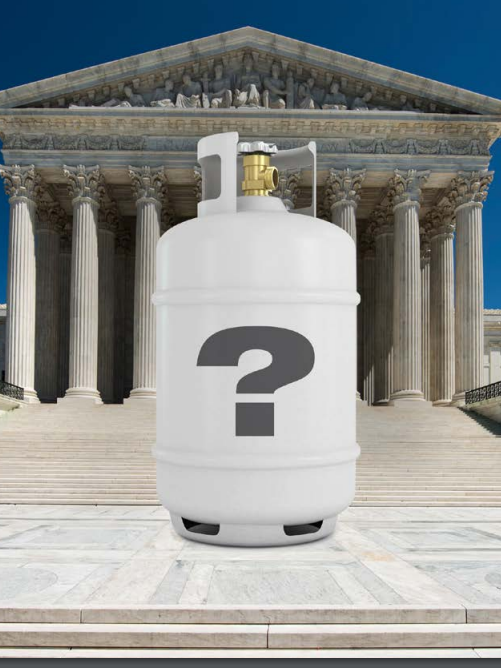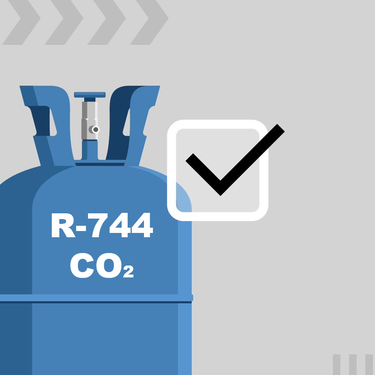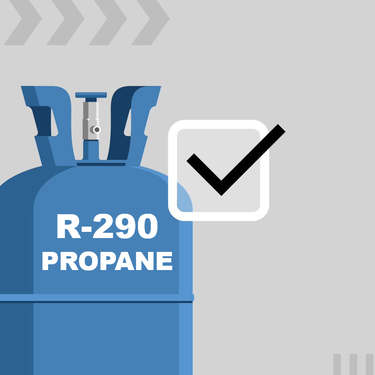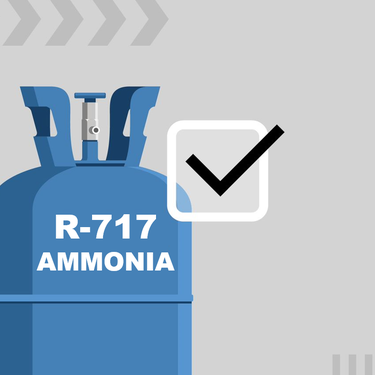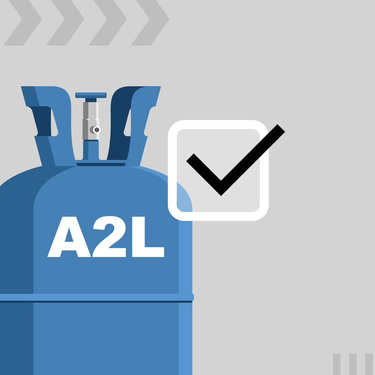Low-GWP Refrigerants: Finding a Regulatory Path Forward
For the past several years, commercial refrigeration stakeholders in the United States have been closely monitoring regulatory efforts to phase down the use of high-global warming potential (GWP) hydrofluorocarbon (HFC) refrigerants.
At Copeland, we’re developing a wide range of refrigeration technologies that will help companies to comply with emerging regulations, meet their sustainability objectives, and choose a path forward that aligns with their long-term operational preferences. Providing insights on alternative Low-GWP refrigerants is one of the ways Copeland is helping companies meet their goals.

The Journey to Lower-GWP Refrigerants | E360 Webinar Series
Environmental regulations and sustainability initiatives are driving the commercial refrigeration industry toward low-global warming potential (GWP) refrigerant alternatives. Copeland's new webinar series addresses key challenges, considerations and landmarks on the road ahead. From regulations and safety standards to refrigerant-specific applications and operational caveats, you’ll find the answers needed to successfully navigate your journey.
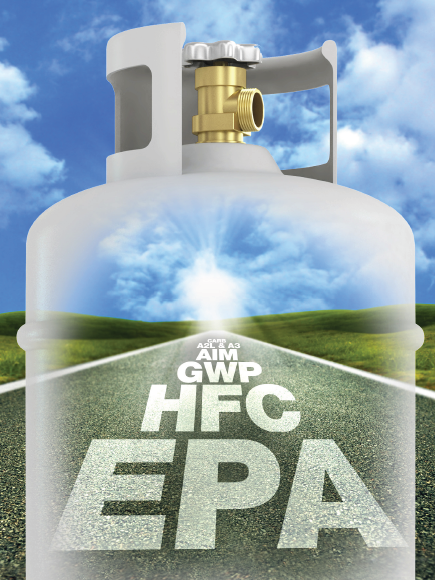
Evaluating Lower-GWP Refrigerants
The food retail, foodservice and industrial cooling industries are in the midst of a momentous transition in their refrigeration system architectures. In an era driven by historic regulatory activity and the necessity to deploy sustainable systems, the number of refrigeration options available to these operators seems to be growing exponentially.
To get to what many call the “end game” of achieving compliance and meeting corporate sustainability objectives, more businesses are looking at systems based on environmentally friendly refrigerants to help them achieve these goals.

Pathway to Lower-GWP Refrigeration
It’s apparent that the global movement toward environmentally friendly refrigeration systems is more than a temporary trend. For more than a decade, component manufacturers, OEMs, contractors and end users have been developing and introducing technologies based on refrigerants that offer lower global warming potential (GWP).
Regardless of what’s driving your future refrigeration strategy, Copeland is developing technologies to address a full spectrum of refrigeration considerations — from small to large retail formats, low GWP to very low-GWP refrigerants, and distributed to centralized architectures.
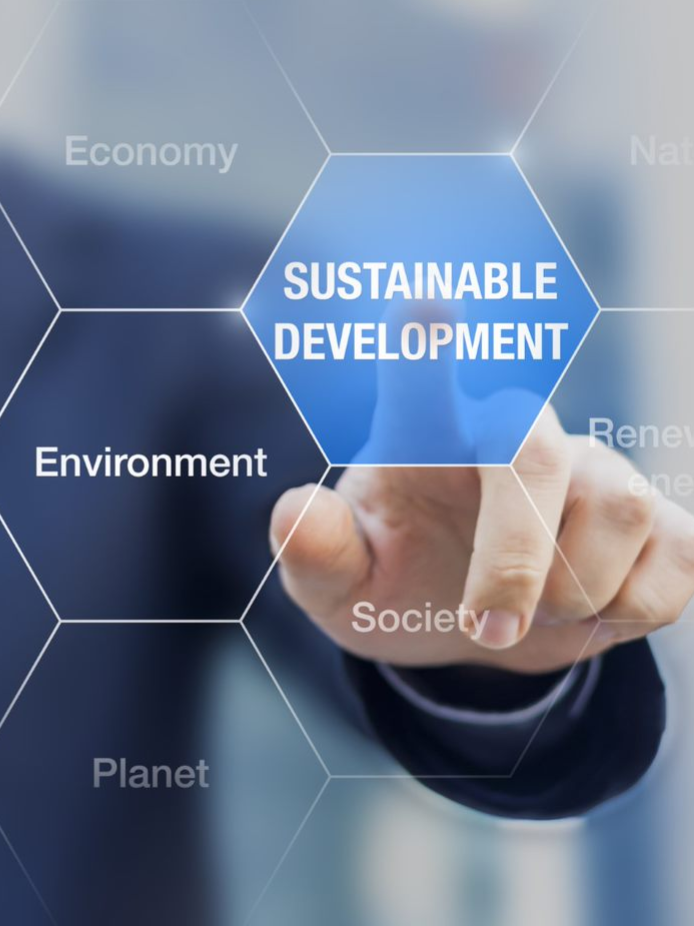
Regulatory Insights for Low-GWP Refrigeration
Like many stakeholders in the commercial refrigeration industry, keeping track of the dynamic regulatory climate is extremely important. From making refrigerant decisions and selecting next-generation equipment to plan for compliance and meeting sustainability goals, many companies are basing some of their most important decisions on these developments.
If you’re a potential owner or operator of a next-generation refrigeration system, it’s important to understand the performance characteristics and safety considerations of these emerging alternative refrigerant technologies. Whether you’re evaluating carbon dioxide (R-744), propane (R-290), lower-GWP HFCs or new A2L alternatives, Copeland can help you to select the most optimum technology for your application and your future.
Low Global Warming Potential Refrigerants FAQs
What is CO₂ (R-744) Refrigerant?
CO₂ is non-toxic and has proved to be a very effective alternative to HFCs in both low- and medium-temperature applications. CO₂-based refrigeration systems have been successfully deployed in commercial and industrial applications in Europe for nearly two decades. Because of its low critical point and high operating pressure (around 1,500 psig or 103 bar), CO₂ refrigeration strategies — such as cascade, secondary and transcritical booster — must be designed to account for its unique characteristics. In light of current environmental regulations, the popularity of these systems has increased significantly in North America in recent years.
What is Propane (R-290) Refrigerant?
Propane is a hydrocarbon that was also identified in the early days of refrigeration as an effective refrigerant. Its high-capacity, energy efficient performance and very low GWP are offset by its classification as an A3 (highly flammable) substance. But as synthetic refrigerants became available for many refrigeration applications, R-290 was largely abandoned in lieu of its CFC-based counterparts. Since the 2000s, R-290 has been regaining global popularity as a lower-GWP, effective alternative to HFCs like R-404A and HFC-134a — especially in a wide range of low-charge, reach-in displays.
What is Ammonia (R-717) Refrigerant?
Ammonia was among the first refrigerants used in refrigeration applications. While its superior thermodynamic properties made it a logical first choice for early refrigeration systems, its toxicity requires the careful adherence to safe application procedures to ensure operator and customer well-being. With the advent of CFC refrigerants in the mid-twentieth century, the refrigeration industry moved away from R-717 in favor of lower-risk synthetic alternatives that offered comparable performance characteristics. Even so, ammonia’s suitability in low-temperature applications has made it a mainstay in industrial, process cooling, cold storage and ice rink applications.
What are A2L Refrigerants?
Classified as “mildly flammable,” A2Ls are currently approved for use and deployed in commercial refrigeration applications in Europe and other global regions — where they have proven to be both operationally safe and environmentally friendly. These installations have piqued the interest of food retailers in the U.S., who seek to comply with regulatory mandates and/or meet sustainability initiatives.
As environmental regulations evolve and safety standards are finalized in the U.S., A2Ls will become another option for achieving low-GWP refrigeration. However, integration into state and local building codes may take a few years.
Why are lower-GWP refrigerant solutions important?
The food retail, foodservice and industrial cooling industries are in the midst of a momentous transition in their refrigeration system architectures. In an era driven by historic regulatory activity and the necessity to deploy sustainable systems, the number of refrigeration options available to these operators seems to be growing exponentially — and with that, an equal amount of confusion about what is the best futureproof system alternative. To get to what many call the “end game” of achieving compliance and meeting corporate sustainability objectives, more businesses are looking at systems based on lower-GWP refrigerants to help them achieve these goals.
As the commercial refrigeration industry continues the transition to refrigerants with lower global warming potential (GWP), CO2 (or refrigerant R-744), R-290 (or propane) and A2L refrigerants are poised to play ever-expanding roles. Over the next several years, food retailers will face new regulatory compliance challenges that will impact their refrigeration system choices. At the same time, many have stated corporate sustainability objectives that are driving them toward the implementation of more environmentally friendly refrigeration technologies.
Why are lower-GWP refrigerants emerging in commercial refrigeration?
Global, federal and state regulations are phasing down the use of high-GWP refrigerants and nearly phasing out those with ozone depletion potential. At the same time, aggressive corporate sustainability objectives are driving more companies to re-evaluate the viability of their refrigeration systems. Over the next few years, the commercial refrigeration industry will have to keep a close watch over the potential changes in our dynamic regulatory climate.
While the landscape may currently be in flux in the U.S., there’s no question that the pace of transition away from HFCs is quickening. Many operators, such as those in California, are evaluating their refrigeration options and preparing for a future that utilizes lower-GWP refrigerants. Others simply want to align their refrigeration strategies with corporate sustainability objectives.
What does low-GWP refrigeration mean?
For the past several years, commercial refrigeration stakeholders in the United States have been closely monitoring regulatory efforts to phase down the use of high-global warming potential (GWP) hydrofluorocarbon (HFC) refrigerants. Over the past decade, alternative refrigerants have emerged that offer varying degrees of GWP reduction. But among those readily available options that are considered both safe and approved for use, several have emerged which represent distinct approaches to sustainability: low-, lower- and lowest-GWP.
Whether you’re preparing for compliance with a regional regulation or generally seeking to lower your carbon equivalency, a number of refrigerant categories have emerged as proven, viable alternatives to traditional HFCs.


